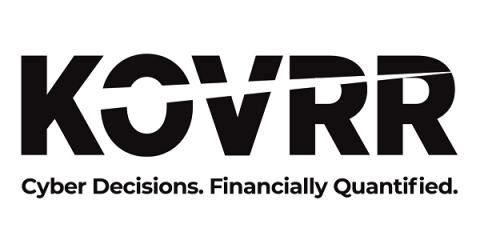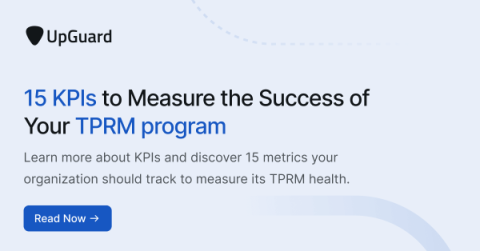Addressing Third-Party Risk in 2024: Insights Inspired by Bitsight-Google Study
Third-party risk is everywhere and the cybersecurity posture of those third parties is more important now than ever before. With organizations using 130 SaaS solutions on average, onboarding the “wrong” vendor — one that doesn’t share the same cyber practices or hygiene as you do, or that sharing sensitive data with would be cause for concern — could land an organization in hot water.









